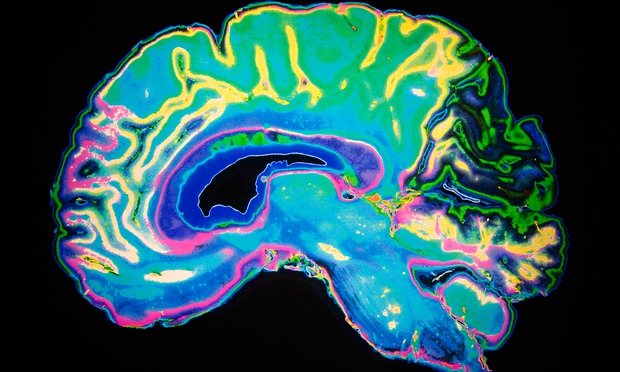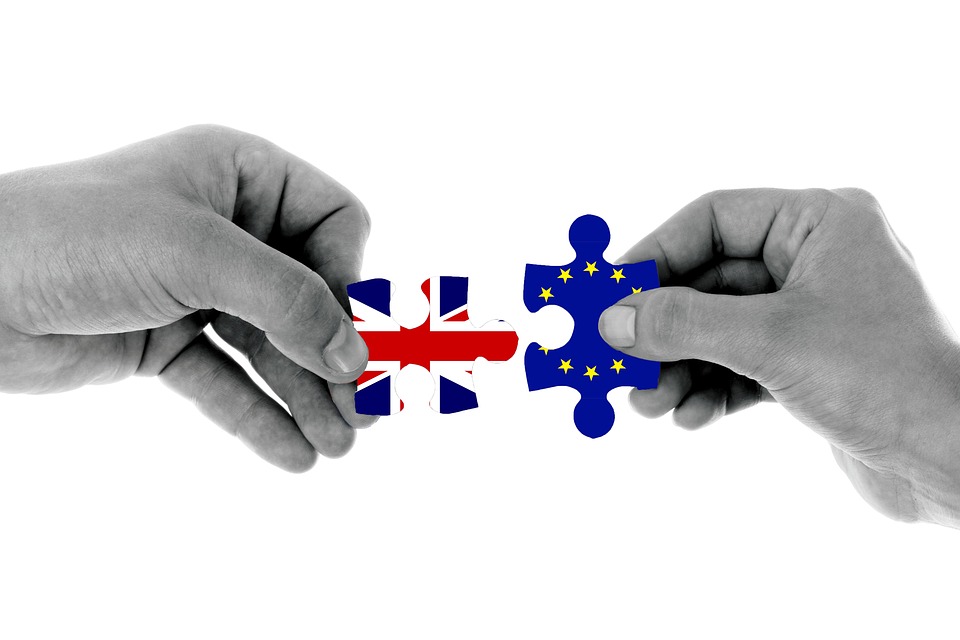A crisis in climate cognition, explained

24 August 2021
We’ve probably all been there – talking to someone who doesn’t think climate change is an issue. Or they think it’s a problem, but it’s one in the far off future. Or they are someone that recognises the problem, but fails to take any action.
Even reading this, you probably understand the gravity of the issue, yet still might slip up and make individual decisions that don’t prioritise the planet – ordering a cheeseburger, taking a flight for a quick holiday or buying fast fashion (I know I’ve been guilty of all of these).
So while some of us are ringing alarm bells while others are burying their heads in the sand, What is going on in our brains when we think about climate change? And how do the words we use matter?
We read, researched and rang up a few psychologists and a neuroscientist to weigh in.
What happens when we think about climate change?
Short answer: a lot.
Climate change is complicated. So, our brains can struggle to recognise the risk because it’s often not an immediate threat. Even when we perceive the problem, we can become overwhelmed with all the effects of it.
Environmental Psychologist at University College Cork, Dr. Marica Cassarino says that our brain needs to do several things before taking action. We need to recognise the risk, then assess it before determining what action to take.
“Unless you’re experiencing extreme weather or flooding or heat waves, you might not fully conceptualise the risk,” according to Dr. Cassarino. Although they may see it in far off places, it isn’t something they are experiencing in their reality.
But if you have felt the effects of climate change or do grasp this as an issue, there still isn’t a straightforward way that we process this.
There are other interrelated consequences to take into account – environmental, economic, political and ethical. It involves cognitive processing and emotional processing.
“It becomes quite difficult for a person to take objectively all the information and make an absolutely reasonable decision on that because of the pitfalls of how our brain works, but also the complexity of the problem itself.” Dr. Cassarino told The Green News.
So it’s complicated. Before diving into the cognitions, is there anything I should know about the brain and climate change?
The brain’s development affects how we view the issue. Neuroscientist at Kings College London, Dr. Kris De Meyer outlined that “our brain acts as a sponge and absorbs the messages from the world around us.”
This is especially true at critical ages for development when certain messages are absorbed more.
“There’s now three generations of young people who have not heard anything else but messages about climate change,” Dr. De Meyer said.
For these generations, they’ve paid attention to risks and issues in society that make people feel scared or anxious. Having these risks absorbed in brain development can be motivating. Though there are still barriers in the brain.
I’ve heard about cognitive biases and heuristics – do those have anything to do with it?
Yes, these cognitive rule of thumbs and short cuts are definitely involved. There are probably a “gazillion biases that might be applicable here,” according to Dr. Cassarino.
But the three she found most applicable are the availability heuristic, attribution ambiguity and temporal discounting. These cognitive shortcuts generally assert that we don’t perceive future threats as well as we do immediate threats. And we don’t value our future selves as much as we do our present self.
Since climate change has largely been an issue that was happening in other places for many of us or put in the realm of a distant future, our brains struggle to fully grasp the issue and how to take action.
Okay, so our brain’s aren’t really wired to understand this issue. Is there anything that can be done to help us understand?
The framing we use to talk about this complex issue matters.
Consider the words that can be used to describe what is happening. “Global warming” vs “climate change” vs “climate chaos” vs “climate catastrophe” all invoke different thought processes. These can stem into differences in how we behave.
If the language is too strong, it could become a paralyser for action rather than a motivating force. But if it’s too weak, then it doesn’t convey the gravity of the situation and people similarly might not be motivated to act.
“If we are too explicit about it, it’s all about a problem,” according to environmental psychologist at Maynooth University Doctor Tadhg MacIntrye.
“That isn’t helping people overcome the kind of cognitive biases they have, which change their perception of problems from a solvable to intractable,” he said.
Instead, he argues that we need to empower people to feel like they have some agency, that their behaviour can make a difference.
I see, so the words we use, and how we talk about climate change matters?
Absolutely.
As Dr. De Meyer said, ”our brains are optimized to understand stories of other people doing stuff. They’re not optimized to understand stories of abstract things happening at a planetary scale.”
Dr. De Meyer also leads the Climate Action Unit at University College London. There he works to empower others, and argues that an action-based approach to storytelling is critical to address the climate crisis.
“Any minute that you spend despairing or analysing the scale of a problem is a minute lost,” said Dr. De Meyer. “If you are spending all of your time thinking about the problem and the despair it generates, you’re not forming the agency.”
“You’re not rearranging the connections in your brain to see new places where you can bring your unique contribution, your unique action, into play,” he told The Green News.
So I should spend less time worrying and more time doing. How do we do this?
It seems like every expert has their own way to transform this ‘apocalypse fatigue’ into action. The three I interviewed all had different versions of basically the same answer. Generally, it involved shifting cognitions into behaviour change.
At a collective level, policy makers can help with this by “incentivising, nudging good behaviours, good collective choices while at the same time dis-incentivising bad choices,” said Dr. Cassarino.
For example, creating infrastructure encourages people to cycle or walk rather than drive is a nudge to travel in a climate-friendly way. Or on a smaller scale, a cafe offering oat milk as the default milk rather than dairy, nudges people to make the switch.
At an individual level, Dr. Macintyre emphasised the need for nature-based solutions. Connecting with nature is one way for people to place a value on the environment, and encourage protection for it.
One system he would like to see implemented is a reward for behaviour based on the sustainable development goals. He argues that to incentivise people to engage in prosocial behaviours, there should be a scorecard to keep track of prosocial behaviours.
What I’m understanding is that although our brains aren’t designed to fully grasp and take action on climate change, there are still ways we can overcome that?
The experts seemed optimistic about this.
Framing the change/crisis/catastrophe/challenge in a way that empowers action is key. Then, we can take it a step further to encourage climate-first policies and nudge sustainable behaviour.
Once we grasp this issue, the next step is to shift despair into action.
By Sam Starkey







